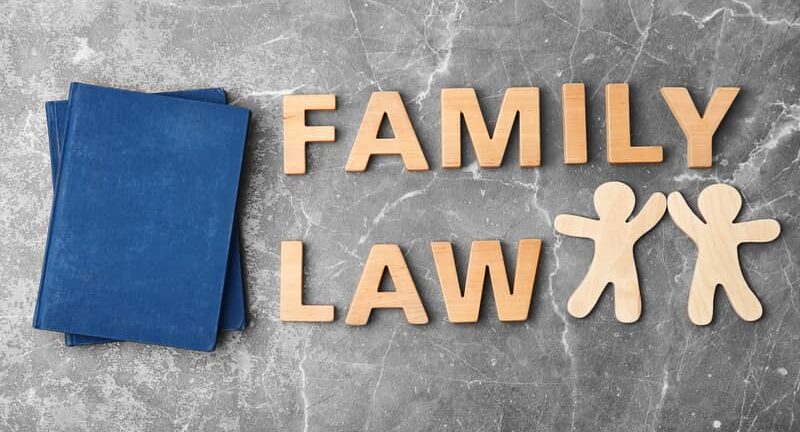
 Our topic for discussion today involves the North Carolina approach to equitable distribution. In simple terms, equitable distribution refers to process of the court dividing up marital property between the spouses during divorce proceedings. It is important to note that equitable distribution only occurs when the spouses cannot agree amongst themselves to a fair distribution of their property.
Our topic for discussion today involves the North Carolina approach to equitable distribution. In simple terms, equitable distribution refers to process of the court dividing up marital property between the spouses during divorce proceedings. It is important to note that equitable distribution only occurs when the spouses cannot agree amongst themselves to a fair distribution of their property.
How Does North Carolina Define Equitable Distribution?
In Section 50-20 of the North Carolina General Statutes, we can find the state-specific definition for equitable distribution. Essentially, North Carolina allows either party to a divorce to ask the court to determine a fair division of spousal property. At that point, the court will examine both the marital property of the spouses. Then the court will determine a fair division of that property between the spouses. For reasons we will discuss below, the court will not divide the separate property of the spouses.
How Does North Carolina Define Marital Property?
Section 50-20 also provides the state-specific definition for marital property. Essentially, North Carolina defines marital property as all of the real and personal property acquired by either spouse during their marriage. It is generally understood that anything acquired after marriage and before separation or divorce shall be considered marital property.
Examples of marital property include pension, retirement and other deferred compensation, whether vested or unvested. The same applies to military compensation rights under the Uniformed Services Former Spouses’ Protection Act, whether vested or unvested.
How Does North Carolina Define Separate Property?
Section 50-20 also outlines an exception to the marital property rule concerning separate property. Essentially, separate property refers to real and personal property acquired before marriage. Separate property also refers to professional or business licenses that are not transferable.
Separate property can also include property acquired during marriage by either spouse directly, such as through a will or gift. But this exception requires specific language indicating that the property is intended for one spouse only and should not be considered marital property.
Whether you are dealing with equitable distribution, divorce or other aspects of family law, there are innumerable considerations to take into account. In such situations, it can be extremely helpful to consult with a knowledgeable family law attorney to ensure that you take an appropriate course of action. The legal professionals at Powers Landreth PLLC in North Carolina are eager to assist you today.
Resource:
ncga.state.nc.us/gascripts/statutes/statutelookup.pl?statute=50-20
Related Posts
Equitable Adoption in North Carolina
The doctrine of Equitable Adoption is a judicially created “equitable” remedy...
Charlotte Child Custody and Contempt of Court
The North Carolina Court of Appeals ruled this week on a longstanding Charlotte...

